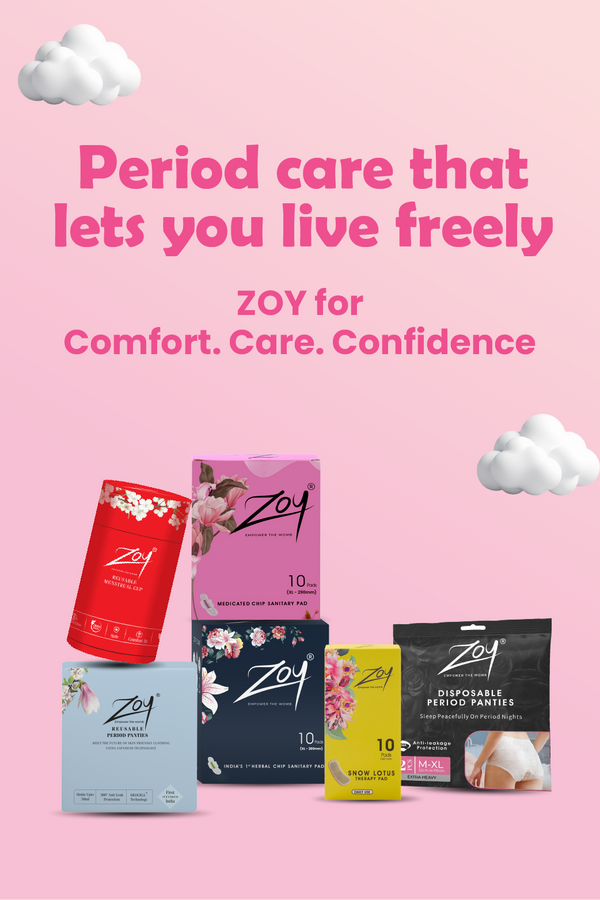
Toxic Chemicals in Sanitary Napkins: Health Risks Explained
Hey there, if you're like most women, sanitary napkins are a monthly essential you've trusted for years. But what if I told you those pads could expose you to toxic chemicals? As someone with a background in public health advocacy, I've studied women's health and environmental toxins extensively. Recent research is alarming, and I’m here to break it down simply – no medical jargon – so you can make informed choices for your body.
What Toxic Chemicals Are in Your Pads?
Modern sanitary napkins often contain synthetic plastics, fragrances, and absorbents that release harmful substances. Key culprits include:
- Phthalates: These plasticisers make pads flexible but leach easily. A 2019 Reproductive Toxicology study found phthalate levels in pads up to 8,000 parts per billion, which is far higher than in everyday plastics.
- Volatile Organic Compounds (VOCs): Chemicals like acetone, toluene, and xylene are used for scents and adhesives. A 2022 Toxics Link report tested Indian brands, finding VOCs in all pads, even organic ones, with brands like Whisper and Stayfree showing up to 14 types.
- Dioxins, Parabens, and Phenols: These sneak in during manufacturing, like from bleached materials. A 2024 BJOG review confirmed their presence in tampons and pads, noting they disrupt hormones.
These chemicals contact your sensitive vaginal and vulvar skin, which absorbs them quickly, bypassing your liver’s natural detox.
How Do These Chemicals Harm You?
The concern? Long-term exposure. Women use pads for about 1,800 days in a lifetime, according to research. Here’s the science:
- Hormone Disruption: Phthalates and VOCs can mimic or block hormones, causing irregular periods, fertility issues, or uterine fibroids.
- Reproductive Risks: Toxins may contribute to birth defects, infertility, or cancers. The Toxics Link study linked them to diabetes and developmental issues.
- Skin and Systemic Effects: Rashes, infections, or even toxic shock syndrome from plastic buildup. A 2023 PubMed study highlighted how these chemicals enter your bloodstream, amplifying risks.
Even "organic pads" can contain VOCs, challenging their “safe” label.
Safer Alternatives and What You Can Do
Switch to safer options like certified organic or reusable cloth pads, menstrual cups, or period underwear to reduce plastic exposure. Zoy’s sanitary napkins are a great choice – 100% organic cotton, infused with medicated chip and rash-free protection, and fully biodegradable. Always choose fragrance-free products. India lacks strict chemical regulations for pads, so if you notice unusual symptoms, consult your doctor. Your body deserves the best!

